Is loan interest subject to value-added tax in Vietnam?
Which entities are VAT taxpayers in Vietnam?
Pursuant to Article 3 of Circular 219/2013/TT-BTC, VAT taxpayers are defined as follows:
- Business entities established and registered under the Enterprise Law, Cooperative Law, and other specialized business laws.
- Economic organizations affiliated with political organizations, socio-political organizations, social organizations, social-professional organizations, armed forces units, public service organizations, and other organizations.
- Enterprises with foreign investment capital and foreign parties engaged in business cooperation under the Foreign Investment Law in Vietnam (now the Investment Law); foreign organizations and individuals conducting business in Vietnam without establishing a legal entity in Vietnam.
- Individuals, households, independent business groups, and other entities involved in production, business, or import activities.
- Organizations and individuals producing and trading in Vietnam that purchase services (including services accompanied by goods) from foreign organizations without a permanent establishment in Vietnam, and non-resident foreign individuals, then those purchasing the services are taxpayers, except for cases not required to declare and pay VAT as guided in Clause 2 Article 5 of Circular 219/2013/TT-BTC.
- Branches of export processing enterprises established for trading goods and activities directly related to the purchase and sale of goods in Vietnam according to legal regulations on industrial zones, export processing zones, and economic zones.
Is loan interest subject to value-added tax in Vietnam?
According to points a and b, clause 8, Article 4 of Circular 219/2013/TT-BTC, supplemented by clause 2, Article 1 of Circular 26/2015/TT-BTC and amended by Article 8 of Circular 151/2014/TT-BTC, financial, banking, and securities services not subject to VAT are defined as:
Entities not subject to VAT
...
- The following financial, banking, and securities services:
a) Credit granting services include:
- Loans;
- Discounting, re-discounting of negotiable instruments and other valuable papers;
- Bank guarantees;
- Financial leasing;
- Credit card issuance.
For fees relating to credit card issuance collected by credit organizations, these fees from customers as part of the credit granting service process (card issuance fees) under the credit organization's lending policy, such as early repayment penalties, late payment fees, debt restructuring, loan management fees, and other fees, are not subject to VAT.
Regular credit card transaction fees that do not fall under the credit granting process, such as fees for reissuing credit card PINs, providing duplicate transaction invoices, chargeback claims when using cards, loss notifications, card cancellations, card type switches, and other fees, are subject to VAT.
- Domestic factoring; international factoring for banks allowed to conduct international payments;
- Sale of loan-secured assets by credit organizations or enforcement agencies under legal provisions on handling secured loan assets.
In cases where the lending period expires, and the asset holder cannot fulfil the debt payment and must transfer the asset to the credit organization for handling according to the law, the parties will conduct procedures for asset transfer as regulated.
If the parties agree that the asset holder voluntarily sells the secured asset to pay the debt, if the asset holder is subject to VAT and the asset belongs to a VAT-taxable entity, VAT must be declared and paid according to regulations.
If the credit organization accepts the secured asset in lieu of debt repayment, it should account for an increase in business-serving asset value as per regulations. When selling the asset for business operations, if the asset falls under the VAT-taxable category, the credit organization must declare and pay VAT accordingly.
...
- Credit information services provided by units or organizations under the State Bank to credit organizations for use in credit granting activities under the Law on the State Bank.
...
- Other credit granting forms as stipulated by law.
b) Individual lending activities not frequently conducted as business by a non-credit organization taxpayer.
Example 5: VC Joint Stock Company has temporarily unutilized funds not for business activities, The company signs a loan contract with Company T within a 6-month period and receives interest income, which is not subject to VAT.
...
Thus, loan interest is not subject to VAT.

Is loan interest subject to value-added tax in Vietnam? (Image from the Internet)
Is loan interest subject to corporate income tax in Vietnam?
Article 7, clause 7 of Circular 78/2014/TT-BTC, amended by clause 1, Article 5 of Circular 96/2015/TT-BTC, stipulates other incomes as follows:
Other Incomes
Other incomes include:
...
- Income from interest on deposits, capital loans including deferred loan interest, installment interest, credit guarantee fees, and other fees in loan contracts.
- If the income from deposit interest, loan interest exceeds payable loan interest after offsetting, the remaining difference is calculated into other income when determining taxable income.
- If the income from deposit interest, loan interest is less than the payable loan interest after offsetting, the remaining difference reduces the main business income when determining taxable income.
...
Loan interest is included in taxable corporate income in the following cases:
- If the income from deposit interest, loan interest exceeds payable loan interest, after offsetting, the remaining difference is calculated into other income for determining taxable corporate income.
- If the income from deposit interest, loan interest is less than the payable loan interest, after offsetting, the remaining difference reduces the main business income for determining taxable corporate income.

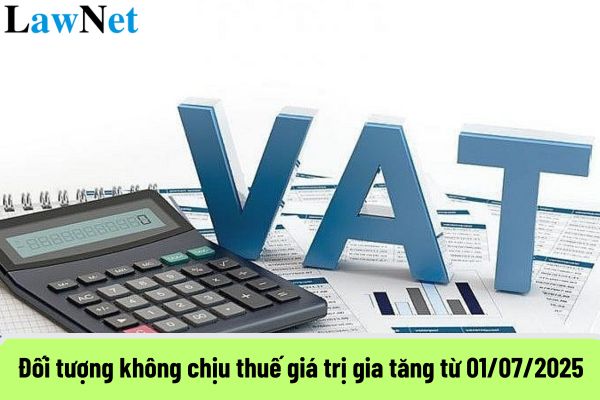

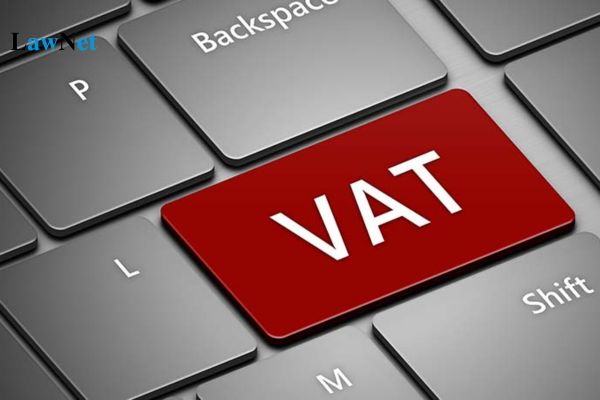


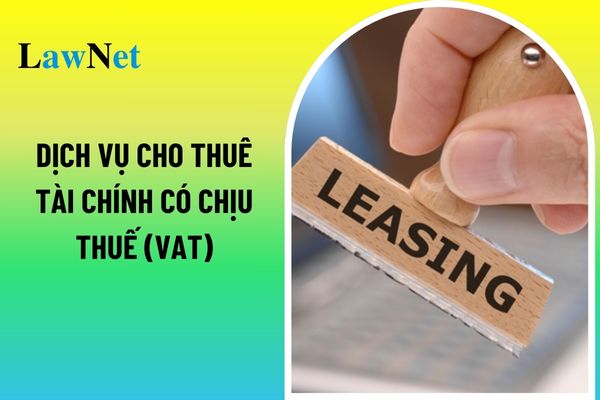

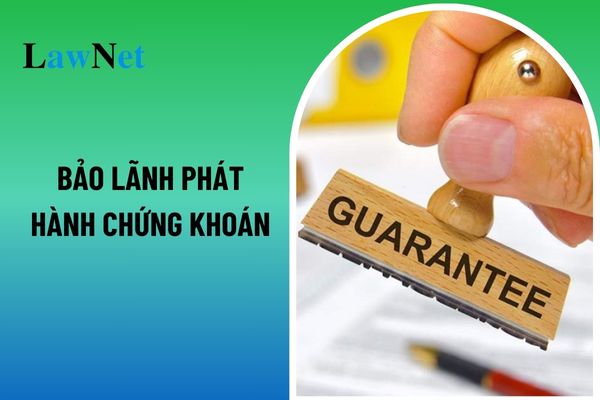
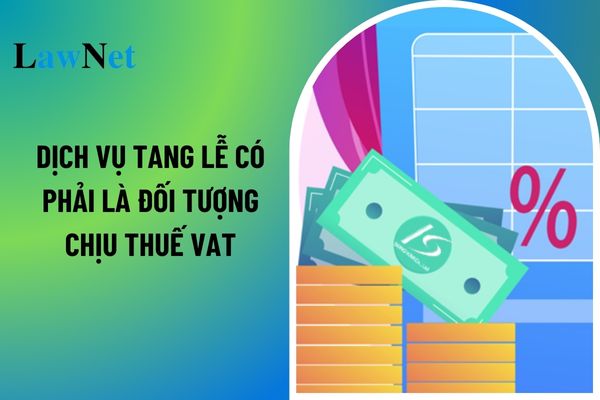
- Vietnam: How to purchase from the 2025 Trade Union Tet Market online? How much is the labor union fee for members?
- What is the online "2025 Trade Union Tet Market" program in Vietnam? What types of taxes do online sellers have to pay?
- What is taxable income? How to distinguish taxable income and income subject to tax in Vietnam?
- Shall owners of household businesses with tax debt be subject to exit suspension in Vietnam from January 1, 2025?
- What are the changes in tax refund procedures in Vietnam from 2025?
- What tax enforcement measures will be applied for taxpayers that owe tax debt in Vietnam from January 1, 2025?
- What 08 financial, banking, securities trading, and commercial services shall be exempt from VAT in Vietnam from July 1, 2025?
- Are healthcare services and veterinary services exempt from VAT in Vietnam from July 1, 2025?
- What is the total income between 02 declarations in Vietnam? What does the tax declaration dossier for individuals paying tax under periodic declarations Include?
- What are 03 professional and comprehensive 2025 Tet holiday announcement templates for enterprises in Vietnam? Where are the places of tax payment for enterprises in Vietnam?

